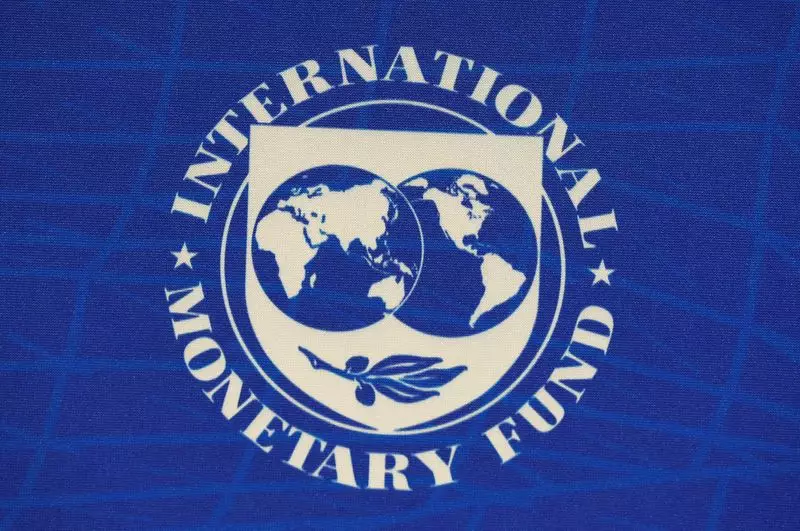Pakistan’s coalition government is gearing up to unveil its fiscal targets in the 2024/2025 budget, which is expected to play a crucial role in securing a much-needed bailout deal with the International Monetary Fund (IMF). The proposed budget is aimed at addressing the widening gap between revenue collection and total expenditure in order to meet the stringent conditions set by the IMF. Ali Hasanain, head of the economics department at the Lahore University of Management Sciences, emphasized the significance of the budget in the context of Pakistan’s IMF program, suggesting that it is likely to be contractionary in nature.
Pakistan narrowly escaped a default last year with the help of a short-term IMF bailout worth $3 billion over nine months. While the country managed to rein in its fiscal and external deficits, the measures taken had adverse effects on economic growth and industrial activity. The high inflation rate, averaging close to 30% in the previous financial year and 24.52% over the last 11 months, has further exacerbated the economic challenges faced by Pakistan. In light of this, the upcoming budget is crucial for charting a path towards sustainable economic growth and stability.
Prime Minister Shehbaz Sharif has been vocal about his commitment to implementing tough reforms since assuming office after the February elections. However, the growing discontent among the public due to high prices, unemployment, and limited job opportunities has put immense pressure on the coalition government. Standard Chartered highlighted the difficulties that the government may encounter in fully complying with the IMF’s directives, particularly with respect to revenue generation and structural reforms. The political and social ramifications of imposing stringent fiscal measures also pose a significant challenge for the government.
The budget will serve as a litmus test for Finance Minister Muhammad Aurangzeb, who is tasked with devising innovative policy solutions to address the persistent economic issues plaguing Pakistan. With a background in banking, Aurangzeb brings a wealth of experience to the table, but the true test lies in his ability to navigate the complexities of Pakistan’s economy. Previous finance ministers have hesitated to take bold steps such as subsidy cuts, reduced government spending, and increased tax revenues from vital sectors like real estate and agriculture. Overcoming these obstacles will be crucial in ensuring the success of the government’s fiscal strategy.
One of the key aspects to watch out for in the budget is the target set for proceeds from privatization. Pakistan is poised to embark on a privatization spree, starting with the sale of a stake in its national airline, marking a significant shift in the country’s economic landscape. The government’s focus on divesting assets in loss-making entities, particularly in the power sector, underscores its commitment to revitalizing the economy and attracting much-needed investment. The success of these initiatives will be pivotal in setting the stage for sustainable economic growth in Pakistan.
Pakistan’s 2024/2025 budget is not just a financial document but a roadmap for steering the country out of its current economic challenges. The government’s ability to strike a balance between fiscal consolidation and economic growth will shape the country’s trajectory in the coming years. With the IMF looming large on the horizon, Pakistan must demonstrate its commitment to implementing tough reforms and bolstering its fiscal framework to secure the much-needed bailout package. Only time will tell whether Pakistan’s ambitious fiscal targets are achievable and whether they will pave the way for a brighter economic future.


Leave a Reply